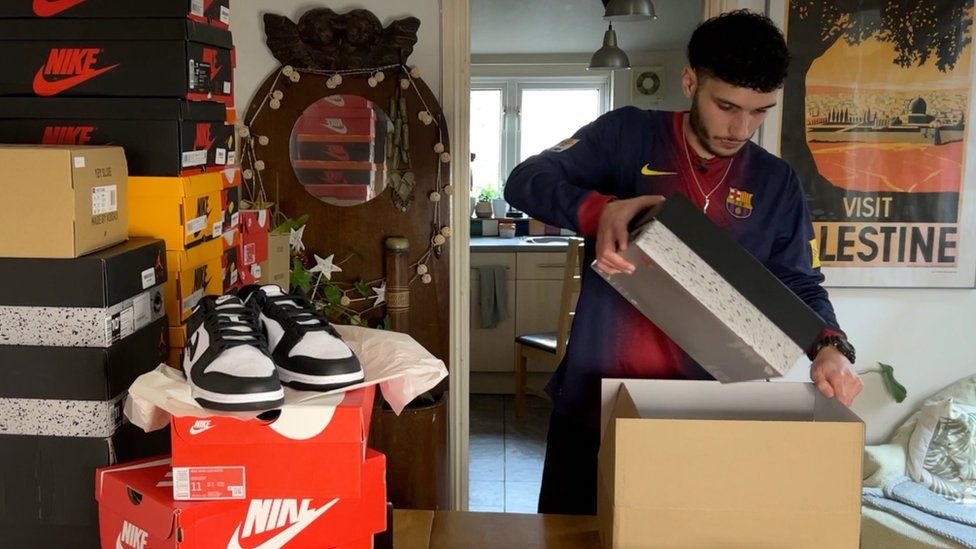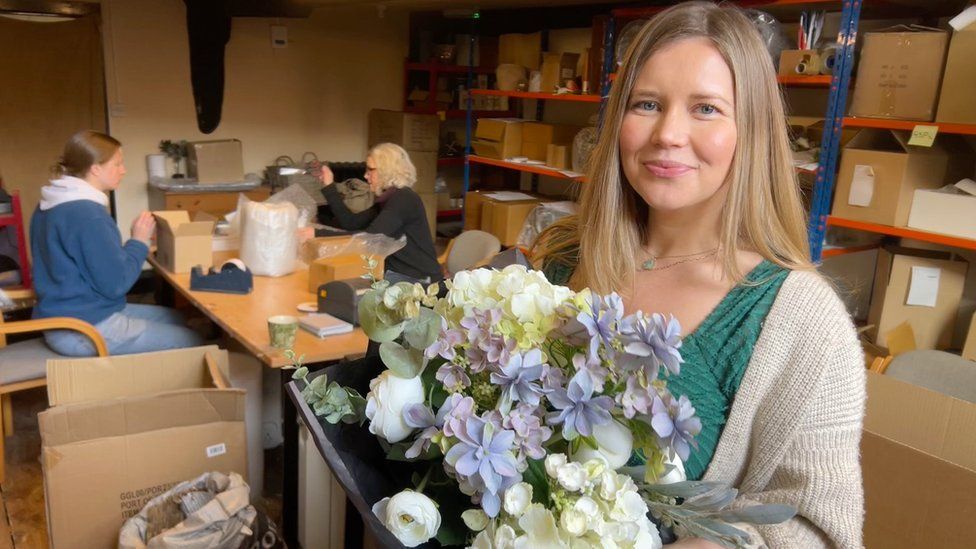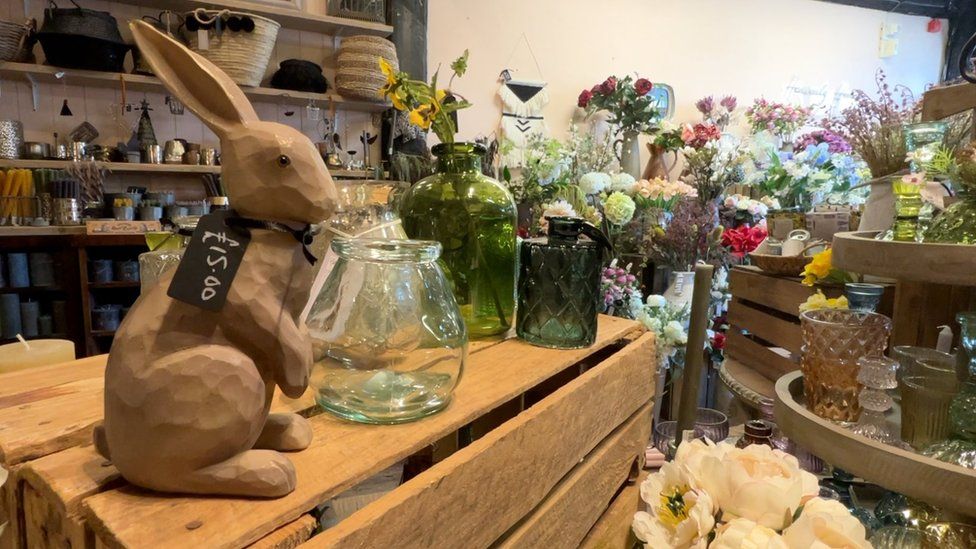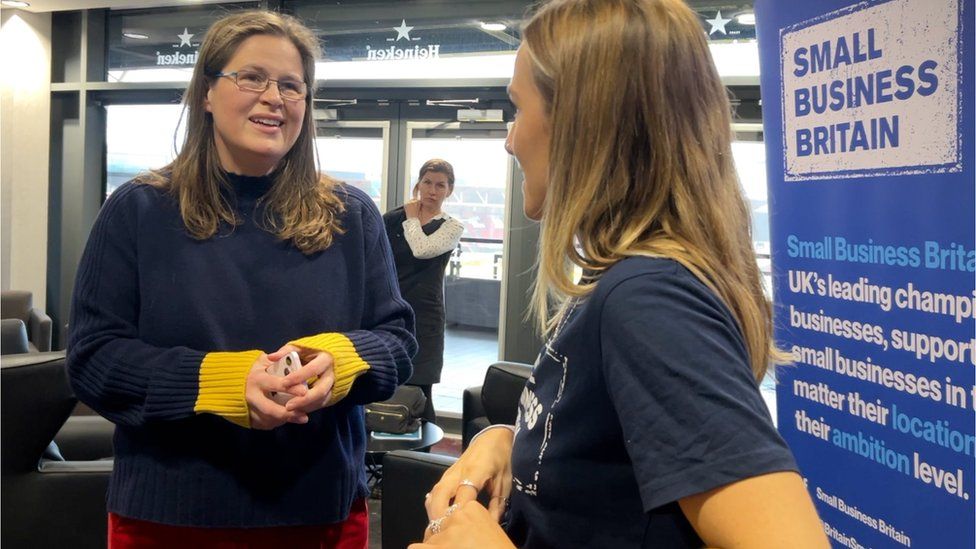
Thousands more people have started selling things in online marketplaces to help pay ever growing bills.
Sites like Facebook Marketplace and eBay have seen an increase in the number of individual sellers.
They put this down to the increased cost of living.
Sarah Bryant, head of small businesses at eBay UK, said: “Some are like you and me, the average Joe, who just want to sell some of their items to make a bit of side-money.
“It goes all the way through to those side hustles that are growing and growing until they become people’s full time jobs.”
Sami Cirant is one of the so-called “side-hustle sellers”.
From his parents’ home in Easton, Bristol, he buys and sells high-end trainers, or sneakers as his customers call them.

It started by accident, when a pair of sneakers he bought didn’t fit well.
He found he could sell them easily online so he bought a few more, and sold them in a few hours.
“That’s when I realised that it could actually be something that could make me a little bit of side money,” Mr Cirant explained.
For six months the 23-year-old juggled his new business with a full-time job at a local charity.
Then he decided to try the online sneaker sales full time, which he said was a brave decision.
“It was a bit of a risk to quit my job, but I figure, if you don’t take risks in life, then you might end up on a path that you don’t want to be,” he said.
Mr Cirant’s costs are low, he still lives at home and his parents are supportive.
But other side-hustle sellers have grown into full-scale businesses.

I met Jade Oliver in a rabbit warren of rickety old rooms above a shop in Ross-on Wye, picking flowers from a rainbow of colours.
There are thousands of them, and they’re all artificial, or “faux flowers” as she prefers. There are candles too, vintage plant pots, scent burners, silk feathers. A thousand different things to make your house beautiful.
A team of packers wrap them and box them up, sending parcels off across the UK.
Jade Oliver is 38, and her business, Heavenly Homes and Gardens, is now ten years old.
She started as a side hustle too, earning money to pay for her college law course.
In the early days, she ran her online sales alongside her first job.
She said: “I used to do the post run every morning before work, I’d spend my lunchbreak replying to customer messages and I’d come home from work to pack parcels. It really was a double life.
“Even on my honeymoon I was working.”

Eventually something had to give, and it was the law firm. Ms Oliver weighed up selling interior décor against the life of a solicitor, and took the plunge.
She explained: “Being my own boss, and choosing my own products was just so much more interesting.”
She sold her products on all the main online marketplaces, instead of just picking one.
It means more work, with a special page to design for each website but it has paid off.
Throughout the pandemic people were sat at home, often with spare cash, trying to make their houses more enjoyable. Ms Oliver’s business grew, and she now employs 14 people picking and packing.
There are risks in leaving a salaried job of course, and small business advisers recommend people plan carefully.
But Michelle Ovens, founder of Small Business Britain, said that both the pandemic and the cost of living crisis have prompted more people to set up on their own.

So can a side hustle really help pay the bills when everything is going up?
Ms Ovens thinks so.
She said: “If you’ve got a passion for something, you can absolutely turn it into a business.
“Don’t put all your eggs in one basket. Use all the marketplaces, sell a range of products.
“Also, ask other people. Small businesses are helpful and friendly, and they have learnt along the way.
“And get professional help, there is loads of free advice out there. Make use of it.”